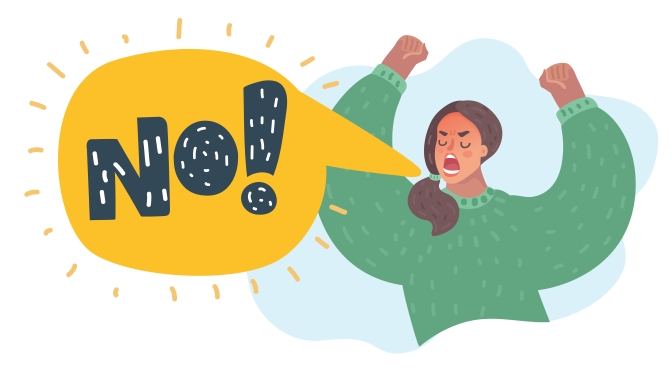What are Soft Skills? Soft Skills are the personal qualities of a person that determines how well he/she can work or interact with others.
Soft skills are essential in various aspects in an organization – building relationships with people, creating trust, building brand and leading teams. Having good soft skills helps to get positive results from people even in difficult working environments. Good soft skills also help people adapt to changing situations.
Given that soft skills are important for any individual working in an organization, here are some tips of how you can develop your soft skills:
- Recognise the area of work in which you should improve.
- Always try working with a mentor who can provide you with feedback.
- Focus on communication skills. Read more books about public speaking and try to improve your communication by talking to other professionals and colleagues.
- Accept all positive and negative feedback and create a plan to action them.
A key aspect of having good soft skills is a positive attitude. That being said, there are times when you may not be in a position to do a task due to certain considerations. The correct thing to do is to say ‘No’ to it. However, a lot of people faced with the above situation, say ‘Yes’ to prevent themselves from being seen as lazy or unhelpful.
Here are some of the ways in which you can say no without blame…
- How to say No to your Boss: It can be a little frightening when your boss assigns you more work, when your current projects are expected to fully exhaust your bandwidth.
You can probably say: “I would have done it, but you have already assigned me to other projects. I am busy working on them, so I don’t think I can do this work…”
Also, consider this reply: “Thank you for thinking of me for this, but would you prefer I take this on after finishing the work on my other projects?”. This can help the Boss to assess the relative importance of tasks and assign you the task basis priority. - How to say No to a Co-worker: Say, a co-worker asks you for your help. The work being discussed might not interest you. However, for the sake of politeness or your relationship, you may not want to say no. So, you lie and make an excuse to him/her.
Instead consider stating a reason closer to the actual problem: “I really appreciate you asking me for help. But I am terrible at handling content for social media. It is neither my skill set nor does it interest me very much. Why don’t we ask XXX for help instead?”
- How to say No to your Employees: Your employee comes to you with an idea, but you are already having a clear plan of what you are going to do.
Instead of saying ‘No, we will be working as per the guidelines of the boss’, try telling them: “We are thankful for your ideas but unfortunately, the plan has already been approved. Whenever, there is any change discussed we will definitely work your idea in as well.” - How to say No to your Client: First of all, listen to your client fully. Don’t try to stop or cut her in the middle of her idea even though you want to. After hearing her, you may highlight your concerns and reservations on her idea. It is incumbent upon you to convince her of your point of view.
Remember, it is always better to say “No” and not do something than say “Yes” and not do something.



